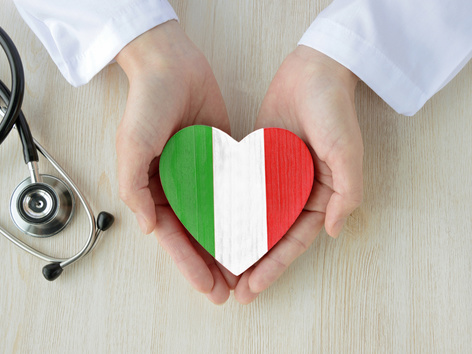
Since the beginning of the full-scale war, millions of Ukrainians have been forced to leave their homes, relatives and seek a safe haven abroad. As a result of constant stress, the so-called "refugee syndrome" may develop. It is accompanied by an unstable emotional state and is aggravated when surrounded by other refugees who are also experiencing difficulties.
What is "refugee syndrome"?
The press service of the Ministry of Health of Ukraine explained that "refugee syndrome" is one of the possible reactions of our body to the stress associated with moving as a result of military operations.
It can develop not in all citizens who left Ukraine. Its development depends, first of all, on the state of the psyche of each individual person.
Symptoms of "refugee syndrome"
This specific condition is characterized by the following symptoms:
- depressed mood
- a feeling of helplessness
- the feeling of losing one's home
- guilt for being safe when people die in Ukraine
- uncontrolled outbursts of aggression
- increased irritability
- inability to rejoice, emotional numbness
- sharp fluctuations of feelings towards the residents of the host country - from sincere gratitude to anger because of their well-being
How to ease your morale?
It is important to remember that these psychological conditions are completely "normal" in such situations. Specialists of the Ministry of Health recommend following the following tips to reduce the burden on mental health:
1. accept the fact that your feelings are normal, don't judge yourself for leaving
2. understand that you shouldn't feel guilty about your safety, you have every right to it
3. give yourself time to adapt
4. talk about your feelings, don't keep your emotions to yourself
5. start the process of socialization in a new place: make an action plan (new acquaintances, life, work, study)
6. gradually return to pre-war habits and own rituals: a cup of coffee in the morning, watching your favorite TV series, sports, etc.
- help if you have a resource: join volunteer activities, get involved in active social life or organize your own fund for good deeds. These steps will help you feel useful, feel better, and take your mind off your worries
- stay in touch with family and friends, communicate and support each other
We will remind, according to the UN, there are about 4.8 million Ukrainian refugees in Europe.
Recommended articles
1 min
For refugees
1 min
Covid
2 min
Covid


